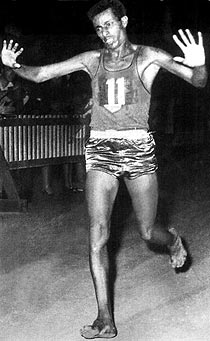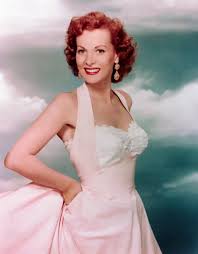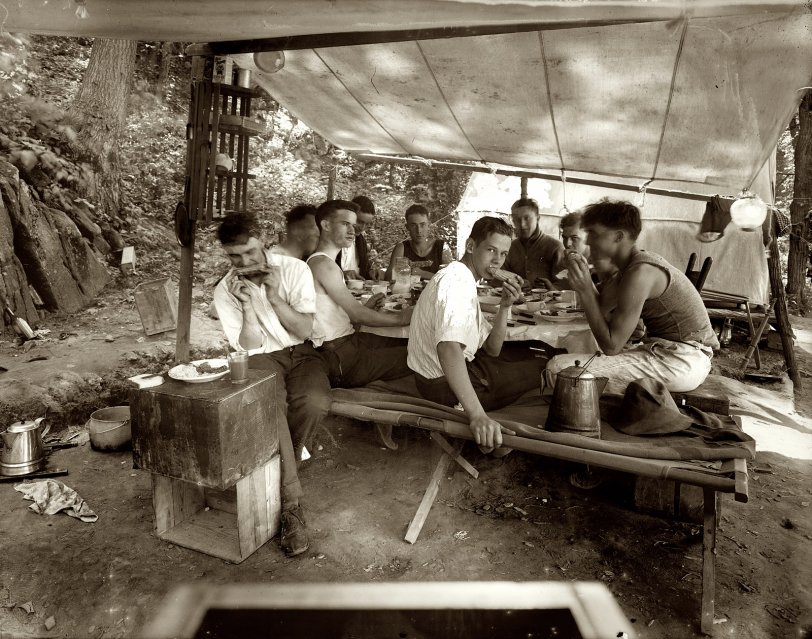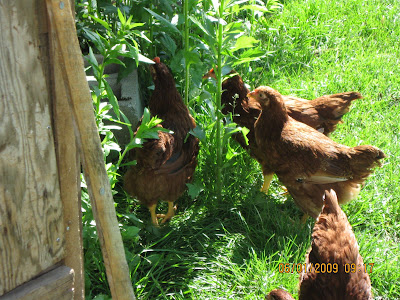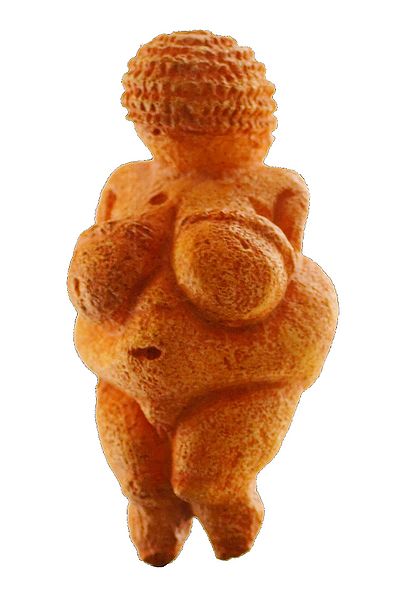Awesome new-old author discoveries:


Edith Wharton
Oscar Wilde
Yeah, somehow I hadn't gotten around to reading her books until this year. But I finished The House of Mirth not long before BEA, which made walking around Washington Square Park with Guinevere that much cooler. And how did no one ever tell me how funny Wilde is?
Biggest shift in emotions from beginning to end of book:

The Actor and the Housewife, Shannon Hale
Until this book I would have told you Shannon Hale doesn't make me cry. Look at that cover. What could possibly be tearjerking here? Bah. Don't be fooled by all the funny bits and the great writing and the awesome story. Many tears fell at the end.
Books that made me think about a new career path:


Talking Back, Andrea Mitchell
Written in Bone, Sally Walker
I gave up on the idea of being a journalist not long after I finished college, and being an archaeologist even earlier. (Kind of hard to do when you don't like to get dirty.) But these books almost made me reconsider.
Possibly my new favorite researcher:

The Frog Scientist, Pamela S. Turner
Does anyone want to argue whether Tyrone Hayes has the best hair among frog experts? No, I didn't think so. He's also got cute kids he pulls into his work, a lab full of grad students that seems like it was made to be written about, and photogenic test subjects. One of these days I'll review this book properly.
Book that I wouldn't have read if I'd been given proper warning:

Mr. Pip, Lloyd Jones
Everybody was excited about this one. I finally got around to reading it for Twitter Book Club, but seriously: "this book takes place in a war zone" is not sufficient advisory for those of us who don't like reading about graphic violence.
Book that might make me eat my words:

Uglies, Scott Westerfeld
After The Beekeeper's Apprentice, I stopped saying that I don't like mysteries. Now I might have to rethink my stance on dystopias. (I've already promised I'll finally give Hunger Games a try.)
Book I wanted to like as much as everyone else did:

When You Reach Me, Rebecca Stead
I'm not saying it was in any way a bad book - I listened to it through the mountains of Virginia and North Carolina, and was totally engaged. (And also paying attention to the road - don't worry!) But the logic of time travel in this world really didn't work for me. On the other hand, it's the reason I'm still thinking about it months after finishing it.
Most satisfying series conclusion:

The Spellmans Strike Again, Lisa Lutz
I adore Izzy Spellman, and I still like her when she decides to grow up. (Yeah, the book isn't out yet, but this list is based on what I read in 2009.)
Book one that hooked me on a new series:

Heist Society, Ally Carter
Teenage master thieves presented in a way that's simultaneously total fantasy and realistic. And fun. Did I mention fun? I started rereading this one as soon as I finished it. The Gallagher Girls are good, but Kat is awesome.
Adaptation that makes me okay with the fact I haven't read the original:

The Omnivore's Dilemma for Kids, Michael Pollan
I read In Defense of Food, but so far haven't gotten into the original Omnivore's Dilemma. The young-reader adaptation seems to capture all the essentials of the story without getting too caught up in the technical details.
Best tongue-in-cheek narrative voice:

The Case of the Mistaken Identity, Mac Barnett
Not only does this book do a great job of spoofing the Hardy Boys style with its book-within-a-book, it also brings a delightfully dry humor to the difficulties of becoming a boy detective in the modern world.
Book that made me think the awards committees know what they're doing:

The Hemingses of Monticello, Annette Gordon-Reed
The book deserved every award it got. And probably some others I've never heard of. Yes, it really is that good.
Book that made me care about Darwin:

Charles and Emma, Deborah Heiligman
I know it's Darwin's bicentennial, but I'm just not that into him. This look at his marriage, though, was awesome. I particularly like the fact that Emma Darwin was not above bribing her kids when it came to winter wear.
Book with an awesome illustrator:

I and I Bob Marley, Tony Medina
The biography-in-verse didn't do much for me, but Jesse Joshua Watson's illustrations rocked. (As they do on the covers of the Hank Zipzer books.) I was thrilled to find out he sells paintings and prints through his website. Next time I have some decorating to do, I'll be looking there.
Online gag that worked in book format:

Ophelia Joined the Group Maidens Who Don't Float, Sarah Schmelling
The whole blog-to-book thing is overdone. I think we can all agree on that. And not everyone can make a joke last for a hundred pages or more. Sarah Schmelling managed to pull it off (and inspire some worthy imitators) while reminding us how much absurdity there is in classic lit.
Journalists who make it work in book form:

 The Defining Moment, Jonathan Alter
The Defining Moment, Jonathan AlterRome 1960, David Maraniss
Magazines are having their troubles, but there's a lot to be said for the style of writing their best journalists learn. The storytelling and short chapters make The Defining Moment more than just another book about FDR. As for Maraniss, take a look at what he got his Pulitzer for before writing him off as just a sports guy.
Best book handed to me by the author:
 Any Which Wall, Laurel Snyder
Any Which Wall, Laurel SnyderYes, it's true. Laurel Snyder is absolutely as awesome as she seems on Twitter.









